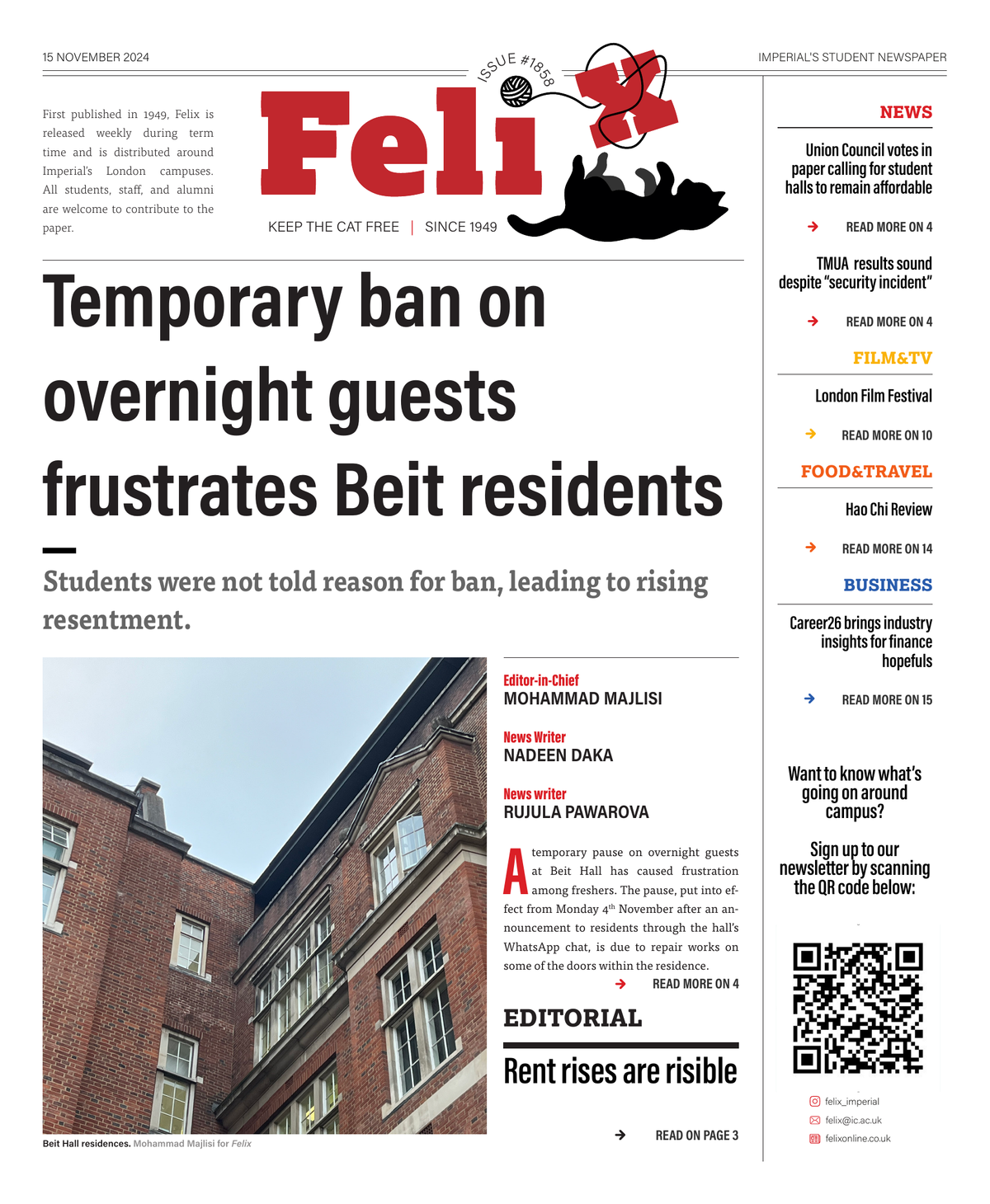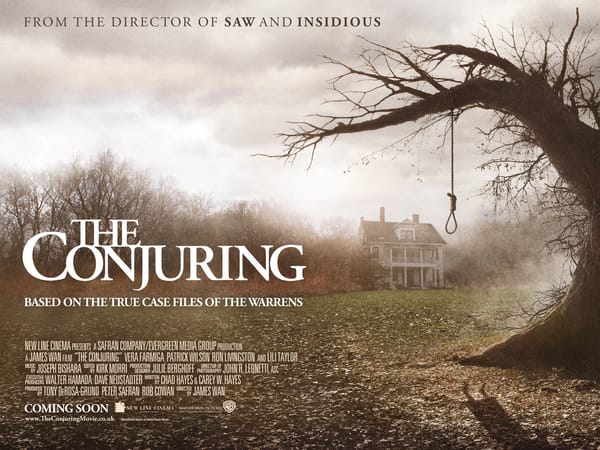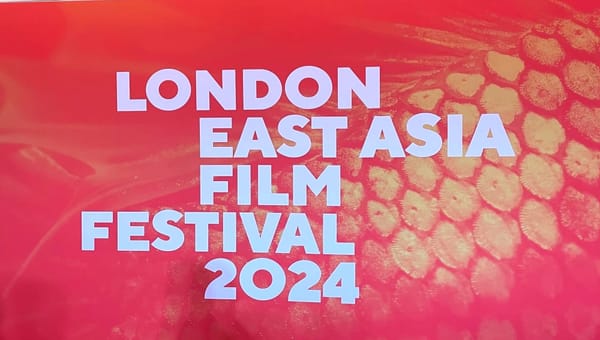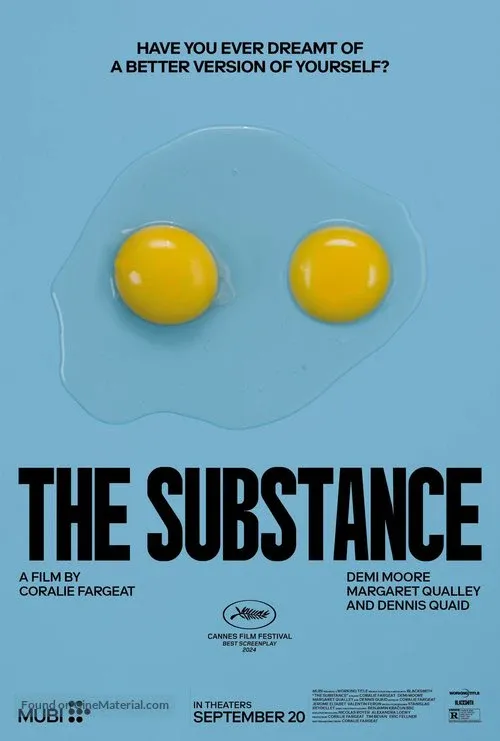Grand Theft Hamlet
Cult classics from theatre and gaming combine in an unlikely partnership. The result is a genuinely sidesplitting comedy – and a sobering documentary about socialisation during lockdown.
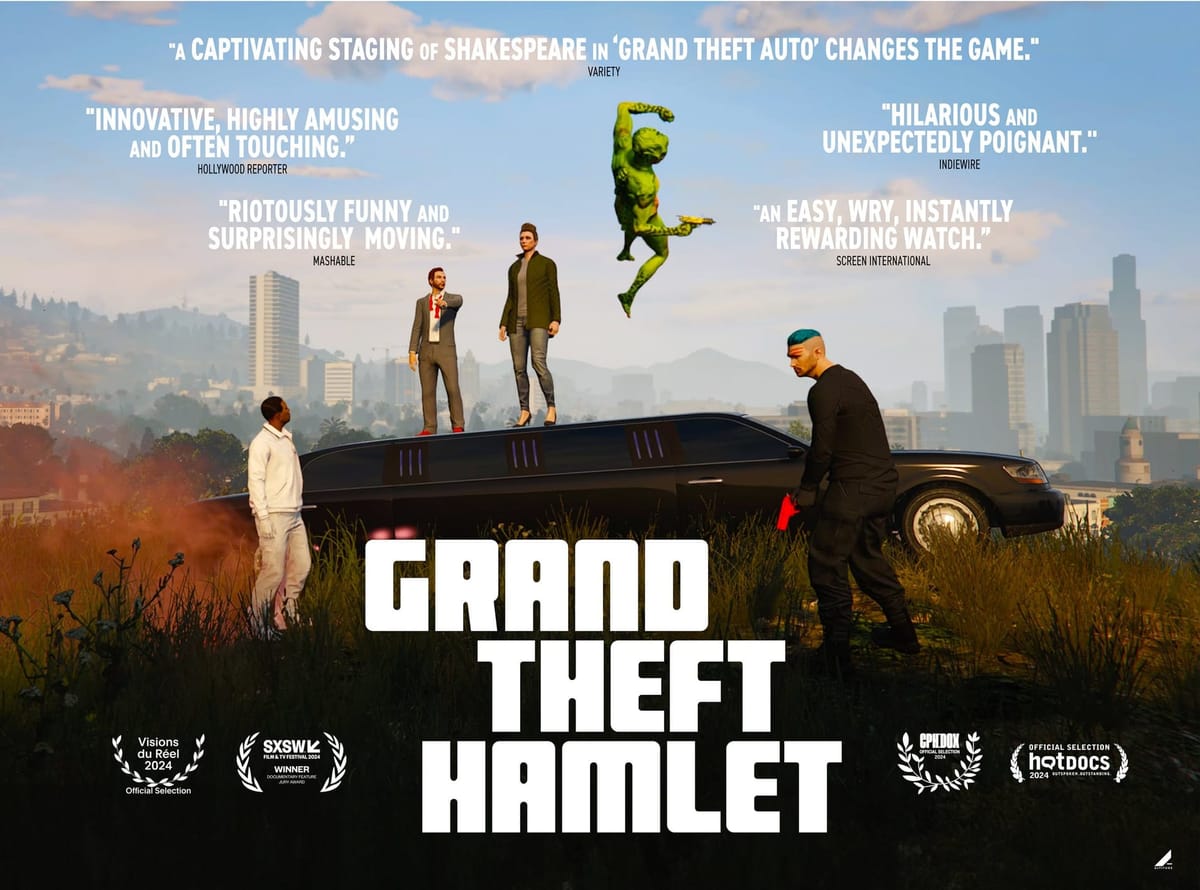
A household name venerated by overzealous English teachers and literary patriots alike, and deplored by schoolchildren everywhere, Shakespeare’s works have had an undeniable impact on the entirety of the Western canon. His continuing influence on British theatre alone is superlative – since 1996, there have been 778 UK productions of Romeo and Juliet, 1,010 of Macbeth, 472 of Hamlet, not counting the plethora of opera, ballet, films, and other plays derived from these. However this raises a potential problem. The challenge for the theatre director leading the production of an existing play is to find a new interpretation to explore and emphasise, oftentimes the characters and the relationships between them. Yet there are only so many novel interpretations that one can come up with; and the audience of today probably won’t find productions faithful to the source material terribly engaging anyway.
Some newer productions address this by updating the play’s sets and characters; Grand Theft Hamlet (2024) addresses this by throwing out the sets, the stage, and the entire theatre altogether. The movie, directed by Sam Crane and Pinny Grylls during the 2021 COVID-19 lockdown, captures the preparation and rehearsal of a rendition of Hamlet, performed completely inside the titular game. Here, the more urgent challenge for “theatre” directors Crane and Mark Oosterveen was the logistics of performing a play in a medium where most players act like crazed domestic terrorists; they would mow down in cold blood rather than join a virtual acting troupe.
While on the run from the cops following an execution in broad daylight – which I gather isn’t too uncommon an occurrence in GTA – their in-game avatars encounter an open-air theatre, where they take turns performing Shakespearean soliloquies to rows of empty seats. In this moment an idea is born: the pandemic might have put their day jobs as actors on hiatus, but it couldn’t hope to infiltrate virtual, violence-afflicted Los Santos – a perfect place, then, for a lockdown play. The audition brings a host of other personas, some belonging to other real-life actors facing similar career problems. With each successive rehearsal, what at first seemed absurd and gimmicky begins to look more and more like a serious production.
But the real world, ever the enemy of escapism, rears its ugly head. As most of their cast become preoccupied elsewhere and are thus less available, the tight-knit social network begins disintegrating. For Oosterveen, who earlier dropped the heartbreaking bombshell that he has recently been bereaved and has no one in person he can get through lockdown with, the prospect of losing these precious social connections is nothing short of terrifying. Crane’s own obsession with the project – online into the wee hours of the morning – drives a wedge in his relationship with Grylls, whose resentment creeps into the documentary. When their lead actor gets a job and can no longer commit to the main role, Crane and Oosterveen introspect about the utility of their acting careers in contrast with “real jobs”. To make things gloomier, pitching their show to several theatre companies yields exactly zero replies in return. These interjections of the documentary makers’ own struggles, indicative of the contextual background of the movie, allow GTH to transcend merely being 90 minutes of two blokes messing around on a livestream.
The prospect of losing precious social connections is nothing short of terrifying
As H-Hour approaches and the pressure continues to pile on, Crane – the stand-in actor for Hamlet – begins contemplating the fundamental question posed in the play’s, perhaps even Shakespeare’s most famous soliloquy. Existing means to go on suffering “the slings and arrows of outrageous fortune”: a play not getting the attention it deserves; actors dropping major roles; not being there for a loved one, or having no loved ones there for you; strafe-bombed by “xXx_epicgamer69_xXx” while the prepubescent runt screams racial slurs at you. In that case, does non-existence, ending “the heart-ache and the thousand natural shocks/ That flesh is heir to”, not seem more preferable?
I don’t have an answer to this. I suspect Crane doesn’t either. Instead, he commits to the role, and to the job to which he has devoted his life, breaking out of his solipsistic self-confinement and re-connecting with the rest of the cast ahead of the final performance. Organising a play in a medium as limited as a video game is certainly a miracle, but Grand Theft Hamlet is really a celebration of social connections enduring in times when they are hardest to maintain – yet are needed the most.


